June 24, 2025 | 23:26 GMT +7
June 24, 2025 | 23:26 GMT +7
Hotline: 0913.378.918
June 24, 2025 | 23:26 GMT +7
Hotline: 0913.378.918
On June 30, prices for Ri6 durian vary from 60,000 to 200,000 VND/kilogram. The pricing range for the durians with poor look is between 48,000 and 50,000 VND/kilogram. The price of good look Thai durian is between 84,000 and 87,000 VND/kilogram, whereas the price of bad look Thai durian is between 64,000 and 67,000 VND/kilogram.
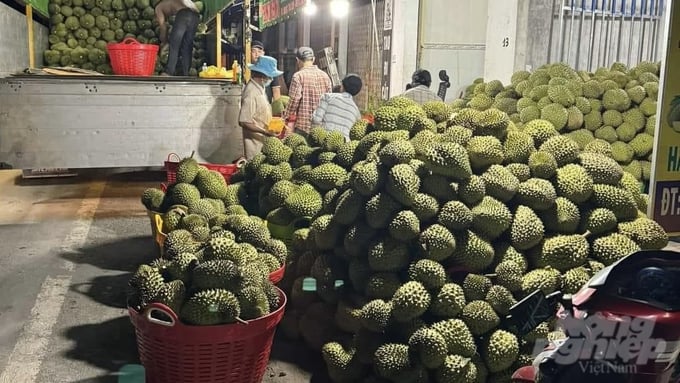
According to barn owners, the price of durian at the end of the season is increasing sharply. Photo: Tran Phi.
Ms. Le Thi Diem, owner of a durian purchasing facility in Cai Muong, District 3, Ho Chi Minh City, said that the prices offered by dealers for durian had risen by approximately 25% (varying by kind) compared to two months ago, now ranging from 10,000 to 25,000 VND per kilogram. Ms. Diem reports that there is a low demand for durian this year, resulting in a decrease of almost 10% in revenue at her hub compared to the same period last year. Currently, her daily sales amount to around 150 kg, whereas last year it ranged from 200 to 300 kg per day.
According to Ms. Diem, the current harsh weather conditions and extended drought in the Mekong Delta have resulted in a shortage of water for irrigation in several gardens. Consequently, many durian trees have died or are yielding unripe fruit. Consequently, the decline in durian quality towards the end of the season has led to a notable rise in pricing, so considerably impacting consumer demand.
"As a result of the extended period of drought, numerous gardens are experiencing insufficient water for irrigation, leading to the death of numerous durian trees. The surviving trees frequently yield defective fruit, which tends to be dry. Customers exhibit reluctance to make purchases when we sell to them. A significant number of individuals initially sample the fruit, and if they encounter a desiccated specimen, they express dissatisfaction. This year, demand is low while prices remain high," Ms. Diem stated.
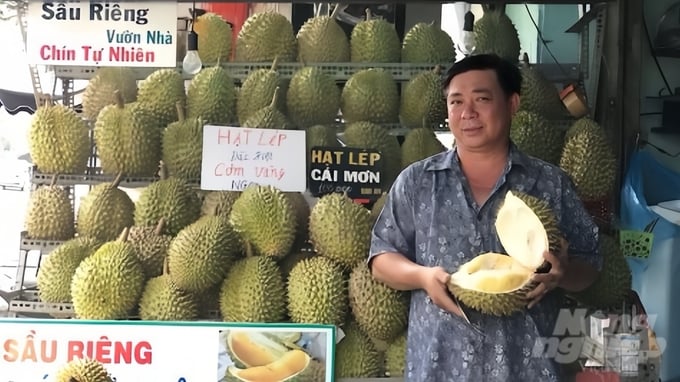
Mr. Tran Anh Tuan, owner of Lien Tuan Map durian barn in Tan Binh district, Ho Chi Minh City. Photo: Tran Phi.
In contrast, Mr. Tran Anh Tuan, the owner of the Lien Tuan Map durian purchase center in Tan Binh District (Ho Chi Minh City), has reported a decline of around 10% in sales over the previous two months compared to the initial months of the season. Mr. Tuan and several small dealers in Ho Chi Minh City are expressing apprehension over the escalating costs of durian. The prices have surged from 5,000 to 15,000 VND per kilogram and are continuing to rise as the season nears its end.
"I believe that the decrease in durian consumption can be attributed, in part, to economic hardships. For more than two decades, I have been engaged in the trade of durians, procuring them exclusively from reputable and well-established gardens. Throughout this time, I can confidently assert that the quality of the durians I have sold has consistently remained excellent, without any substandard produce. Comparing the quality of durians just to the weather is not highly precise. The primary reason for this is the hub owners' selection of low-quality sources, which creates customer hesitation to make purchases", Mr. Tuan said and added that durians were sold at a price of 180,000 VND per kilogram during the Tet holiday, and despite this, people continued to purchase them.
In addition, the hub owners noted that in times of economic hardship, individuals are unwilling to allocate significant funds towards the purchase of durians. Predictions indicate that when the durian season concludes in the southwestern area, hub owners will actively search for alternative supplies from Dak Lak or Dong Nai to enhance the quality of their products and fulfill consumer demand.
Translated by Linh Linh
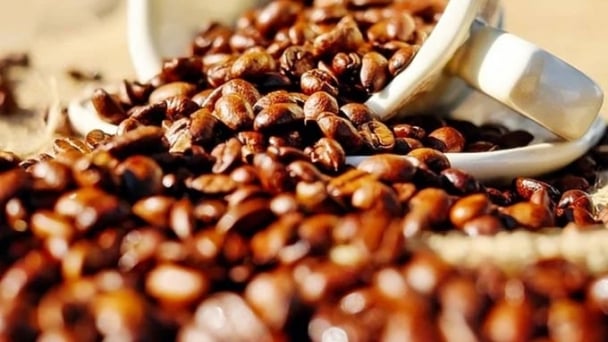
(VAN) Coffee prices on June 20, 2025, fluctuated, with Arabica plunging by 3%. Domestic coffee prices remained flat, trading at VND 103,000 – 103,500/kg.
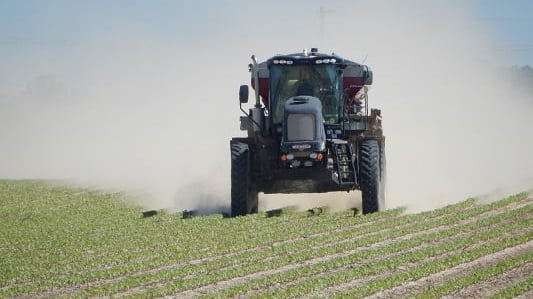
(VAN) The vice president of fertilizer with Stone X Group says increasing tensions in the Middle East are impacting global nitrogen prices.
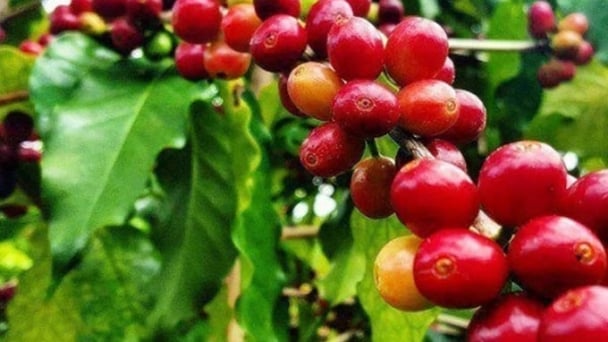
(VAN) Coffee prices on June 19, 2025 dropped globally. Domestic coffee prices dropped by as much as VND 2,300, plunging to around VND 107,100 - 107,700/kg.
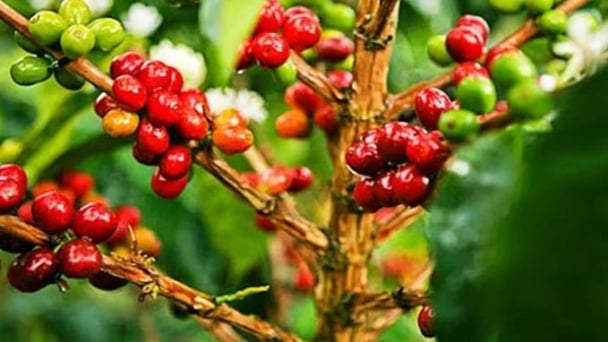
(VAN) Coffee prices on June 18, 2025, declined globally, with Arabica losing about 2.3%. Domestic prices fell by VND 1,600, down to VND 109,400 – 110,000/kg.

(VAN) Japan will release another 200,000 metric tons of rice from its emergency stockpile to tackle a doubling of prices since last year, Agriculture Minister Shinjiro Koizumi said on Tuesday.

(VAN) Coffee prices on June 13 declined sharply for Arabica. Domestic coffee market in Vietnam dropped by VND 2,000, trading at VND 111,500 – 112,300/kg.

(VAN) Coffee prices on June 12, 2025, continued to fall. Domestically, coffee prices decreased by another VND 2,000, trading at VND 111,500 – 112,300/kg.